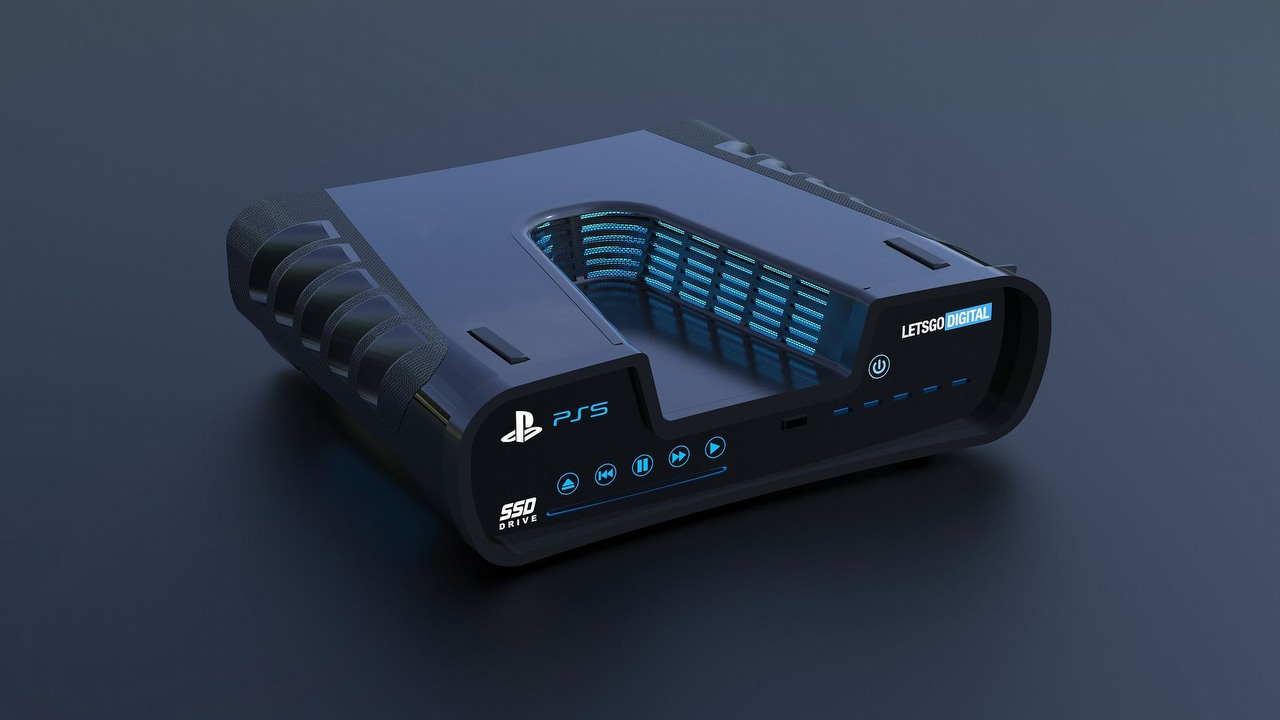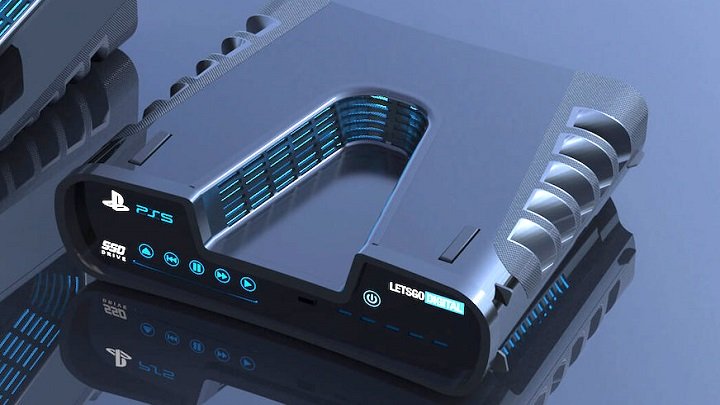PS5 With Two Hardware Modes for PS4 Game Support
Reliable information about the backward compatibility of PlayStation 5 has surfaced on the web. According to the infor, the console's GPU will have two additional modes of operation, designed specifically for PS4 and PlayStation 4 Pro games.


The arrival of a next-gen econsoles will undoubtedly be the most important event in the industry next year. Thanks to a massive leak of information, we've learned a lot about how backward compatibility will be implemented in PlayStation 5.
It turns out that the console's GPU will have three modes of operation. The basic one, called Gen2, is designed to run games designed for PlayStation 5. It will unlock the full power of the Navi chipset, running at 2GHz.
Two additional modes, called Gen 1 and Gen 0, will be used for PS4 Pro and standard PlayStation 4 games respectively. In the first mode, the Navi chipset will be limited to 911 MHz and 218 GB/sec, and the number of rendering units (ROPs) will be 64. For Gen 0, it will be 800 MHz, 176 GB/sec and 32 ROPs.

The Gen 1 and Gen 0 configurations are compliant with specifications from both PlayStation 4 and PlayStation 4 Pro. The fact that such modes have been implemented in Navi itself shows that Sony takes the issue of backward compatibility very seriously and we should expect good results.
The question is whether PlayStation 4 games will be able to run in Gen 2 mode and thus use additional power, e.g. for higher resolution or greater smoothness. Unfortunately, it is not yet clear what solution Sony will choose.
Backwards compatibility of PlayStation 5 with PS4 was already confirmed in April this year. But it may not end there. Last month, there were interesting rumors that the new Sony console is expected to be able to read almost all the discs from previous generations, allowing it to run games fom PS, PS2 and PS3.
Let's recall that PlayStation 5 is due to debut next year. It is possible that the console will be officially disclosed as early as the beginning of January, during the upcoming CES 2020.
- Baldur's Gate 3 publisher explains confusion with Divinity: Original Sin 3. We know what Larian is definitely not working on
- PS Plus: Two more bonus games for December 2025 have been announced. One of them is Assassin's Creed: Mirage
- The Witcher 3 gets a new DLC after 10 years? „Biggest source” confirms
0

Author: Adrian Werner
A true veteran of the Gamepressure newsroom, writing continuously since 2009 and still not having enough. He caught the gaming bug thanks to playing on his friend's ZX Spectrum. Then he switched to his own Commodore 64, and after a short adventure with 16-bit consoles, he forever entrusted his heart to PC games. A fan of niche productions, especially adventure games, RPGs and games of the immersive sim genre, as well as a mod enthusiast. Apart from games, he devourers stories in every form - books, series, movies, and comics.
Latest News
- End of remote work and 60 hours a week. Demo of Naughty Dog's new game was born amid a crunch atmosphere
- She's the new Lara Croft, but she still lives in fear. Trauma after Perfect Dark changed the actress' approach to the industry
- „A lot has become lost in translation.” Swen Vincke suggests that the scandal surrounding Divinity is a big misunderstanding
- Stuck in development limbo for years, ARK 2 is now planned for 2028
- Few people know about it, but it's an RPG mixing Dark Souls and NieR that has received excellent reviews on Steam, and its first DLC will be released soon

